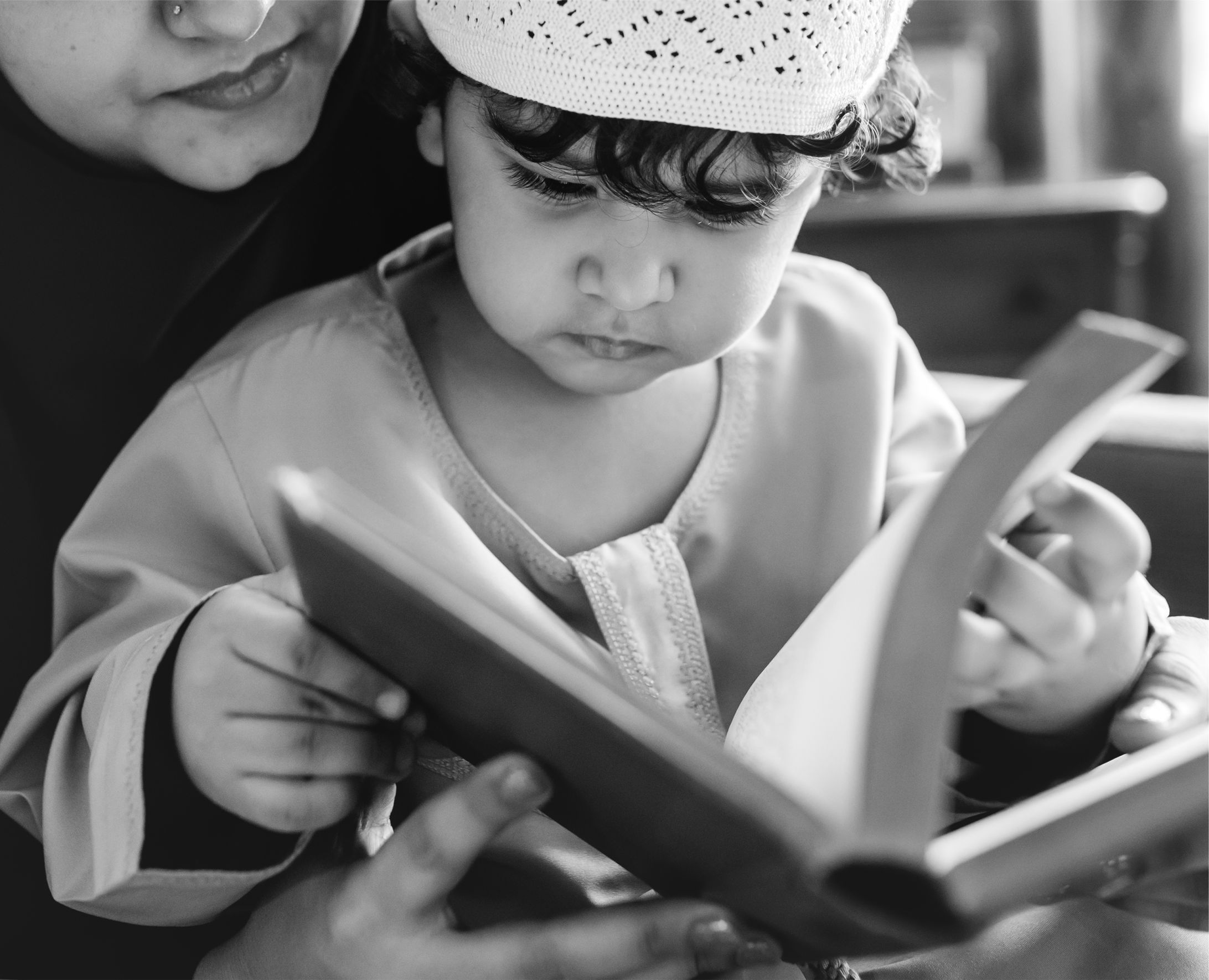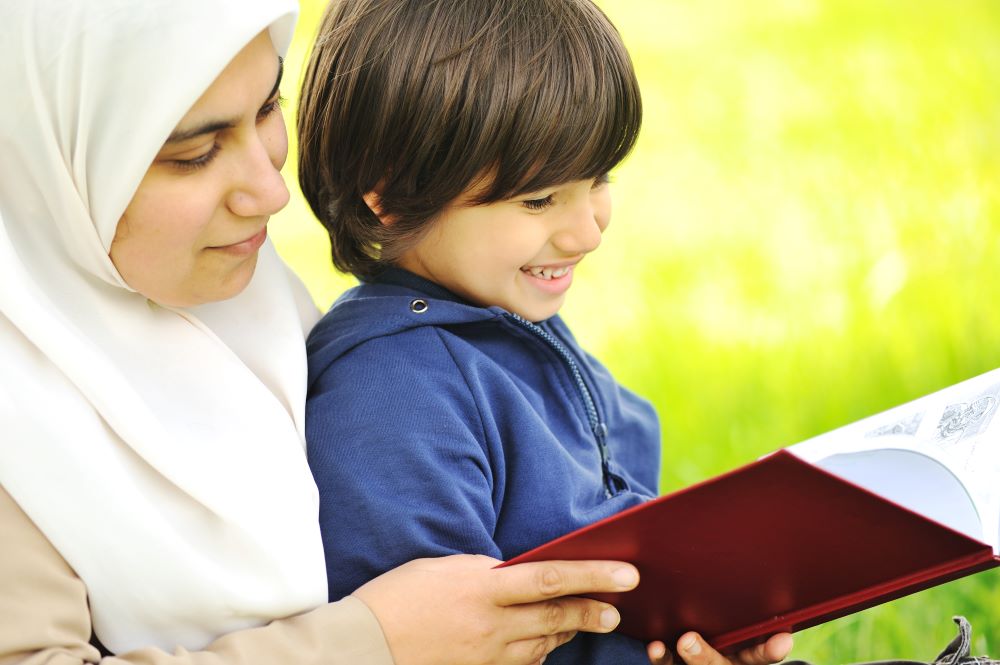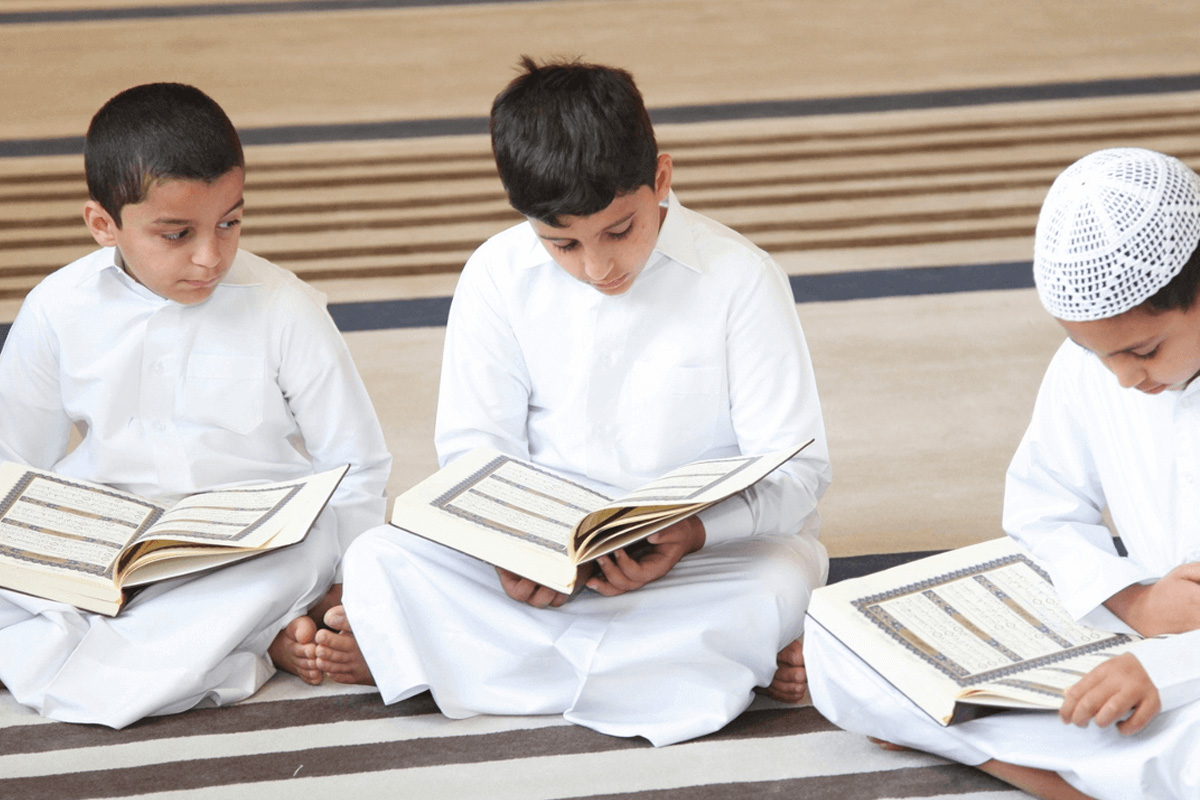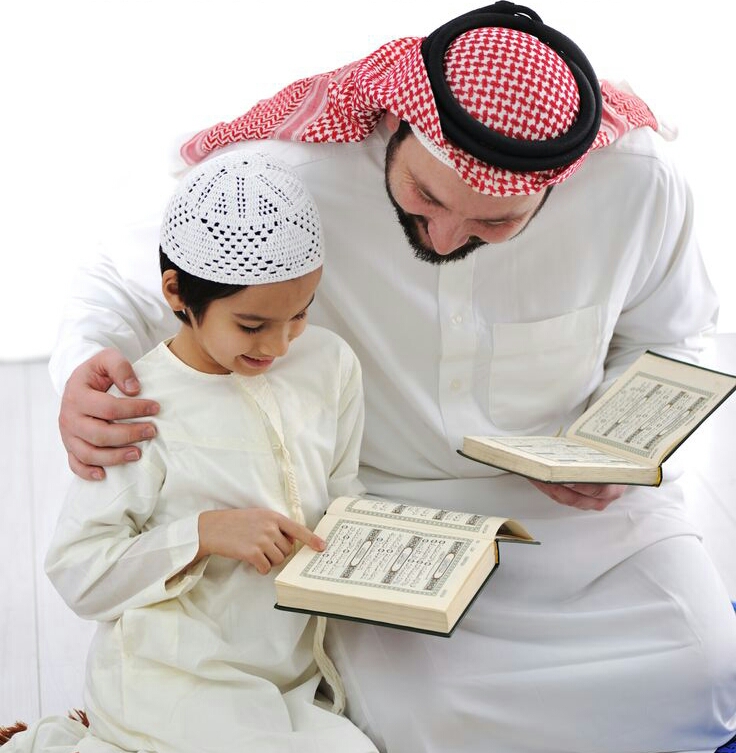Teaching kids about Islam is an essential responsibility for Muslim parents and educators. Instilling Islamic values and teachings in young minds helps them develop a deep love for their faith and shapes their character and values. However, many parents may need help approaching this task effectively. This article will provide practical tips, resources, and ideas to help you teach kids about Islam in fun and engaging ways. Whether you’re a parent, grandparent, or teacher, this guide will equip you with the tools to nurture the faith of the next generation of Muslims.
The Importance of Teaching Kids about Islam
As Muslim parents and educators, one of our most important responsibilities is to teach our children about Islam. Islam is not only a religion but a complete way of life that governs every aspect of our daily routines and interactions. By teaching our children about Islam, we provide them with a strong foundation of knowledge that will guide them throughout their lives, enabling them to make informed decisions, develop a deep sense of purpose, and grow closer to Allah (SWT).
There are many reasons why teaching kids about Islam is so crucial and teaches us What is Salah in Islam. First and foremost, it helps them understand their existence’s purpose. Islam teaches us that our ultimate goal in life is to worship Allah (SWT) and seek His pleasure. When children understand this fundamental concept, they can develop a sense of purpose and direction in life. They are likelier to make choices that align with Islamic values and morals.
Moreover, teaching kids about Islam helps them to develop a deep love and appreciation for their faith. When children learn about the beauty and richness of Islam, they are more likely to embrace it as an integral part of their identity. This, in turn, makes them more resilient in the face of challenges and adversity, as they are grounded in a strong sense of faith and purpose.
Another important benefit of teaching kids about Islam is that it helps to promote positive behavior and moral values. Islam teaches us to be kind, compassionate, honest, and just in all our dealings and with others with respect and dignity. When children learn about these values and are encouraged to embody them daily, they become more compassionate, empathetic, and socially responsible.
Starting with the Basics: Essential Islamic Concepts to Teach Kids

When teaching kids about Islam, it’s important to start with the basics. This means introducing them to the essential concepts that form the foundation of Islamic Studies and practice. Here are some key concepts that every child should learn about Islam:
- Tawheed: The concept of Tawheed, or the oneness of Allah, is the most fundamental in Islam. It teaches us that there is only one God and that everything in the universe is subservient to Him. Children should be taught that Allah is the creator and sustainer of all things and that everything we do should be done to serve Him.
- Salah: Salah, or prayer, is one of the Five Pillars of Islam. Children should be taught the importance of praying five times a day and encouraged to memorize the necessary prayers and perform them regularly.
- Zakat: Zakat, or giving to charity, is another important pillar of Islam. Children should be taught the importance of giving to those in need and encouraged to participate in charity activities and initiatives.
- Sawm: Sawm, or fasting, is a practice that is observed during the month of Ramadan. Children should be taught about the importance of fasting and should age to participate in the fast as they get older: Hajj, or pilgrimage to Mecca, is an important aspect of Islamic practice. Children should be taught about the significance of Hajj in Islam and encouraged to learn more about the rituals and practices associated with this important event.
- Quran: The Quran is the holy book of Islam and contains the teachings and guidance of Allah. Children should be taught about the importance of the Quran and should age to read and memorize verses from the book.
- Prophets: Islam recognizes many prophets, including Adam, Ibrahim, Musa, and Isa (peace be upon them all). Children should be taught about the lives and teachings of these prophets and encouraged to learn from their examples.
- Moral values: Islam places a strong emphasis on moral values such as honesty, kindness, compassion, and justice. Children should be taught about these values and should be encouraged to embody them in their daily lives.
Using Age-Appropriate Materials to Teach Kids about Islam
When it comes to teaching kids about Islam, it’s important to use age-appropriate materials and methods to help them understand the concepts and practices of the religion. Here are some tips for using age-appropriate materials to teach kids about Islam:
- Storytelling: Children love stories, and storytelling is a great way to introduce them to the concepts and practices of Islam. Islamic stories, such as the story of Prophet Ibrahim (peace be upon him) or the story of Prophet Yusuf (peace be upon him), can be used to teach children about Islamic morals and values in fun and engaging. Aids: Using visual aids such as pictures, videos, or illustrations can help children better understand the concepts of Islam. For example, a visual representation of the Kaaba or the Prophet’s mosque in Medina can help children better understand the importance of these places in the Islamic Calendar.
- Games and Activities: Children learn best through play, so incorporating games and activities into Islamic lessons can effectively teach them about religion. For example, a game of Islamic trivia or a craft activity to make a Ramadan lantern can help children learn about Islamic practices in a fun and interactive way.
- Age-Appropriate Texts: When selecting Islamic texts for children, choosing appropriate materials for their age and reading level is important. For younger children, picture books or simple stories may be more suitable, while older children may be able to read more complex texts or translations of the Quran.
- Islamic Apps and Websites: In today’s digital age, many Islamic apps and websites offer age-appropriate materials for teaching kids about Islam. These resources may include interactive games, educational videos, or Quranic recitations that can help children learn about Islam in a fun and engaging way.
Making Islamic Learning Fun: Tips and Strategies

Learning about Islam and Quran Ijazah Course can be an enriching experience for children, but it can also be challenging to keep their attention and interest. To make Islamic learning fun and engaging, here are some tips and strategies:
- Use Multi-Sensory Learning: Children learn through all their senses, so incorporating different sensory experiences can help make Islamic learning more fun and engaging. For example, a hands-on approach to learning the Arabic alphabet using clay or playdough can help children better remember the letters.
- Make Learning a Game: Incorporating games into Islamic learning can help children stay engaged and motivated. For example, playing Islamic Jeopardy, Islamic bingo, or a game of Islamic charades can help children learn and remember important Islamic concepts in a fun and interactive way.
- Use Technology: Technology can be a powerful tool for making Learning During Ramadan fun and interactive. Many Islamic apps, games, and educational videos are available online that can help children learn about Islam.
- Connect Learning to Real Life: Helping children see how Islamic concepts and practices are related to their daily lives can make learning more relevant and meaningful. For example, showing children how to apply Islamic manners and ethics in their interactions with others can help them see the value of their learning.
- Encourage Creativity: Allowing children to be creative and express themselves through Islamic learning can help them stay engaged and motivated. For example, encouraging them to write an Islamic story, create an Islamic craft project, or recite a surah in their unique style can help them make a personal connection with Islamic learning.
Incorporating Islamic Values and Morals into Daily Life

Incorporating Islamic values and morals into daily life is essential to helping children develop a strong connection to their faith. Here are some tips on how to do this:
- Lead by Example: Children learn by example, so parents and caregivers must model Islamic values and morals in their behavior. This includes showing kindness and compassion to others, practicing patience, and being honest and truthful in all their dealings.
- Teach Through Stories and Examples: Islamic stories and examples can be powerful tools for teaching children Islamic values and morals and adult Quran classes. For example, reading stories about the Prophet Muhammad (peace be upon him) and his companions, and discussing their actions and behavior, can help children understand the importance of values such as kindness, honesty, and respect.
- Make Prayer a Priority: Prayer is a fundamental part of Islamic practice, and making it a priority in daily life can help children develop a strong connection to their faith. Encouraging children to pray and making time for prayer as a family can reinforce the importance of this essential Islamic practice.
- Encourage Charity and Generosity: Encouraging children to give to those in need, whether through volunteering, donating money, or simply performing small acts of kindness, can help instill values such as compassion, generosity, and empathy.
- Focus on Personal Development: Helping children develop personal traits such as self-discipline, patience, and self-reflection can help them become better individuals and Muslims. Encouraging children to set personal goals, and supporting them in their efforts to achieve them, can help foster a sense of self-improvement and personal growth.
People also ask about the following:
At what age should I start teaching my child about Islam?
It's always early enough to start teaching children about Islam. Even at a young age, children can learn about basic Islamic concepts and practices, such as the importance of prayer, kindness to others, and respect for elders
How can I make Islamic learning fun and engaging for my child?
There are many ways to make Islamic learning fun and engaging for children. You can use games, activities, stories, and multimedia resources to help children enjoyably learn about Islam. Additionally, involving children in Islamic community events and activities can help them feel more connected to their faith.
How can I ensure that my child understands the importance of Islamic values and morals?
To help children understand the importance of Islamic values and morals, it's important to model these behaviors in your own life and to use stories and examples to illustrate these concepts. Additionally, emphasizing the importance of these values in your daily life and interactions with your child can reinforce their importance.
What is some age-appropriate resources for teaching children about Islam?
There are many age-appropriate resources available for teaching children about Islam, including children's books, videos, and online resources. Islamic schools and community organizations may also offer programs and resources specifically designed for children.
How can I incorporate Islamic values and morals into my child's daily life?
Incorporating Islamic values and morals into your child's daily life can involve activities such as praying together as a family, performing acts of kindness, volunteering in the community, and emphasizing the importance of honesty, respect, and compassion in daily interactions.
Summary:
It is important to start with the basics when teaching kids about Islam. This includes teaching them about the five pillars of Islam, the six articles of faith, and the importance of prayer, fasting, charity, and Hajj. This will give them a solid understanding of the fundamentals of religion.


